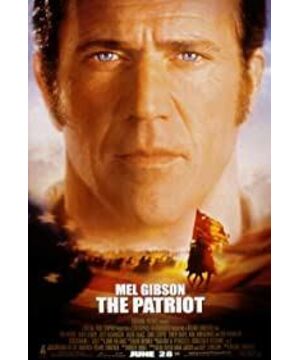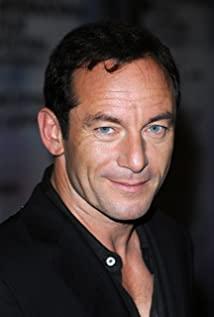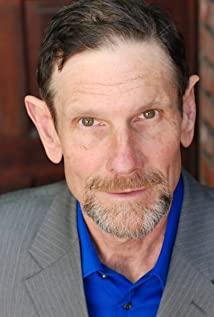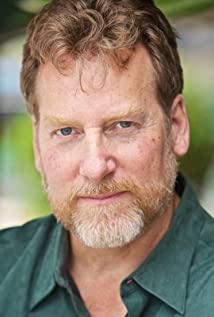—— ————Dividing line——————
The content expressed in the film is more similar than mine.
The first is the fighting pattern of Westerners in the 18th century. Perhaps because the invention of ammunition is not advanced enough. After a bullet is fired, it needs to be re-installed and cannot be fired in bursts. So, you will be sent to such a peculiar mode of engagement. After one party collectively fired a shot, they quickly replenished the ammunition. But wait, the enemy will shoot at you at this time, you may not have time to load the bullets, waiting for the next round of hunting, you have already been shot by bullets or hit by cannons. However, behind such a combat method is a manifestation of the spiritual core of the West. So called gentlemanly. This is not in the Eastern culture, or it was difficult to understand in the past. So in the early days of the West there was a so-called war of civilizations. "You cannot kill enemy soldiers who have surrendered, civilians who have no resistance, and negotiators who do not show hostility to the other side, etc." Under the influence of this culture, there is "comity" on the battlefield. After you make a shot, I will make a shot. Faced with oncoming shells, no one will run away, although the one who knows it might die is you. When I first saw it, I thought these foreign ghosts were too stupid, so stupid. An inappropriate analogy is like the ignorance of Chinese people. However, this Western-style gentlemanly demeanor is something that the European continent is proud of, and it is also a creed of personal character, engraved in your mind from the moment you speak.
Therefore, the militia led by the male protagonist did not conduct a surprise attack, but hoped that the British army could choose to surrender to avoid unnecessary injuries. It is precisely because of this that they received an ambush and suffered heavy casualties.
In fact, one cannot be kind and gentlemanly in war. To be kind to the enemy is to be cruel to oneself. On the battlefield, maintaining the principles and character you have as a person is difficult, and you have to choose.
Another more profound one is the relationship between the individual and the collective or the nation.
We often say that sacrificing the small self and fulfilling the big self. The collective good is above all else. What is the sacrifice of individuals for the sake of national justice, and the family is nothing. We may have had a deep understanding of the independence ushered in from China's anti-Japanese and liberation wars, and have grown up under the influence of this kind of thinking, taking it for granted as a quality. (But don't get me wrong, I'm not trying to deny this opinion)
But one of the militiamen (I forgot his name) committed suicide in grief when his beloved wife and children had been killed by enemy troops. Yes, even if the war is won, what does it mean to him? Enjoy a free new country? But without the company of his family, in the cheers of victory, where would he go. Unprecedented loneliness and pain made him pull the pistol and leave this world. At this moment, I understand. It suddenly occurred to me that in the vast history, everyone is just a very small individual. It is difficult for us to use our personal strength to reverse the trend of historical development (except for some outstanding great men). The development of the entire history is composed of thousands of people. Thousands and hundreds of thousands of people formed a large group to promote. And people are all selfish. Only after completing and solving the problems of personal concern can we pay attention and strive for a greater cause. If even hunger can't be solved, how can we talk about so-called freedom.
Therefore, the protagonist opposed the war at the beginning, fought for another way, or even compromised. Of course, there are other reasons behind this decision. This is also something I didn't expect. 'The war is fought on our own homeland, not tens of millions of miles of British soil, our homeland will be destroyed, our children may be devastated, witnessing all these cruel scenes, innocence is lost, the ugliness of war will be Buried in their minds, flashing in front of their eyes from time to time, tormenting their lives. "This is the first thing that comes to mind from a father's standpoint. It's also a personal consideration.
In fact, from the perspective of now or then, we all know that this war is unavoidable and inevitable. There is not even much discussion about whether the war should be waged. But when the male protagonist said the reason behind the anti-war, he was deeply moved by his fatherly love.
Therefore, in the end, when the male protagonist can temporarily put aside his personal grievances and regroup for the US military, he is also moved by his national righteousness at that moment.
In the end, the victory of the American Revolutionary War was hard-won. The high school chose history, but there was no detailed description of the process of the Revolutionary War, so I always thought that this war should be easier to win. Not really. At the beginning, the U.S. military was losing ground, and there was no hope of winning. I have been watching the film, and I have been thinking that the victory of the War of Independence is not easy to come by, so the celebration of this festival is of great significance to them.
View more about The Patriot reviews











